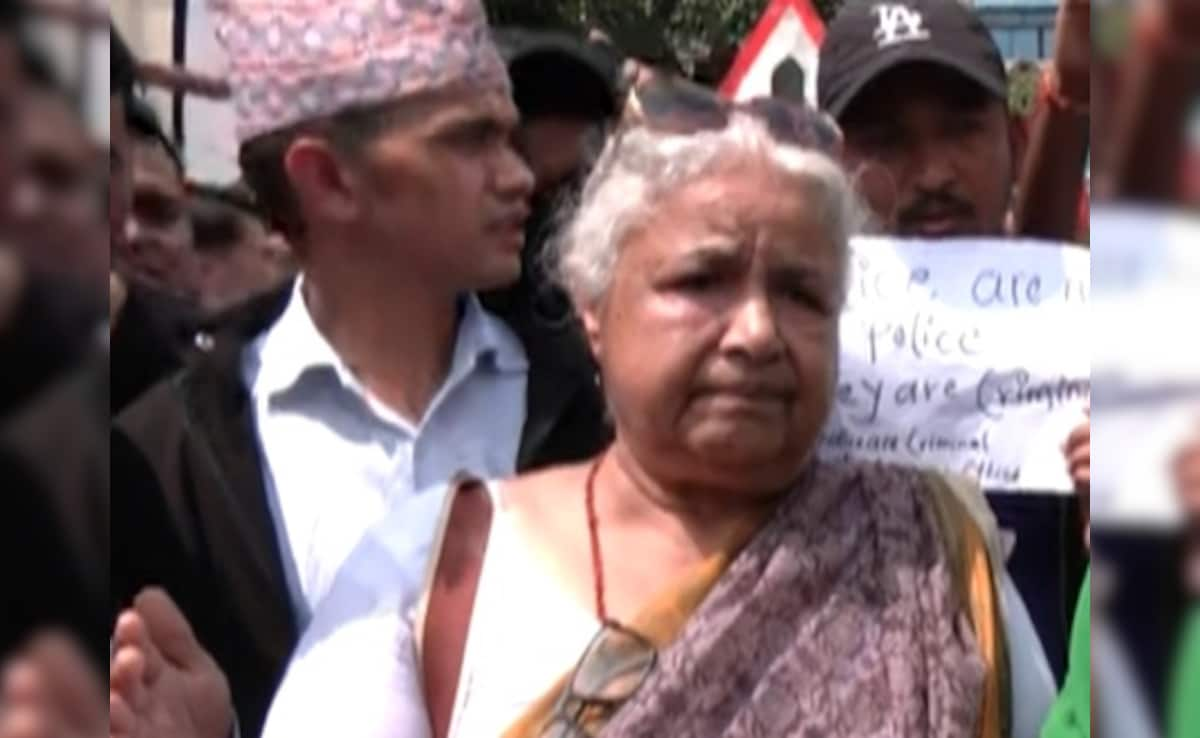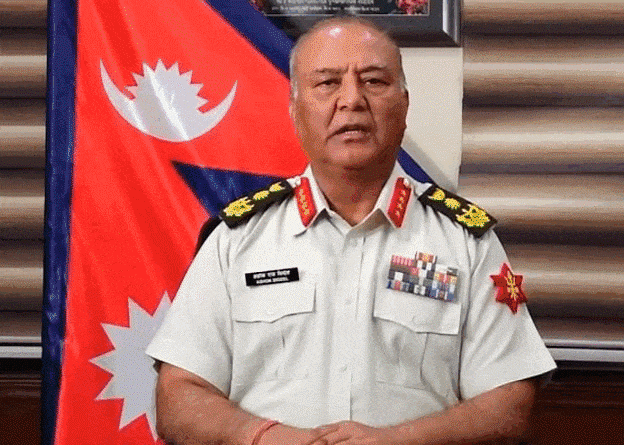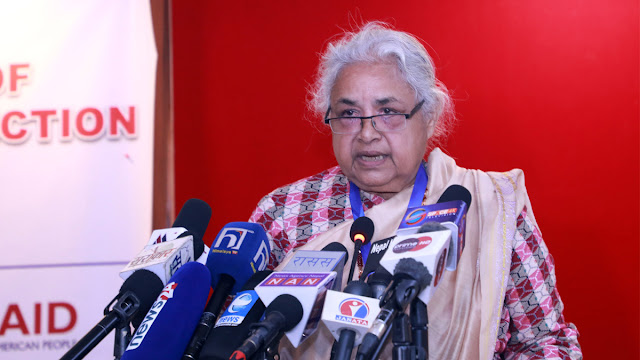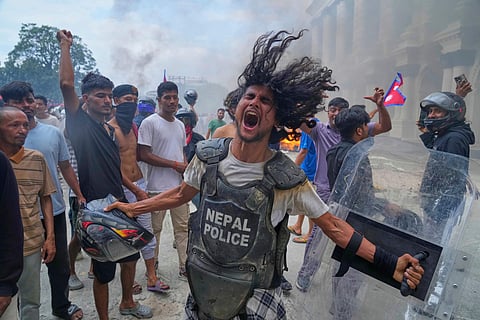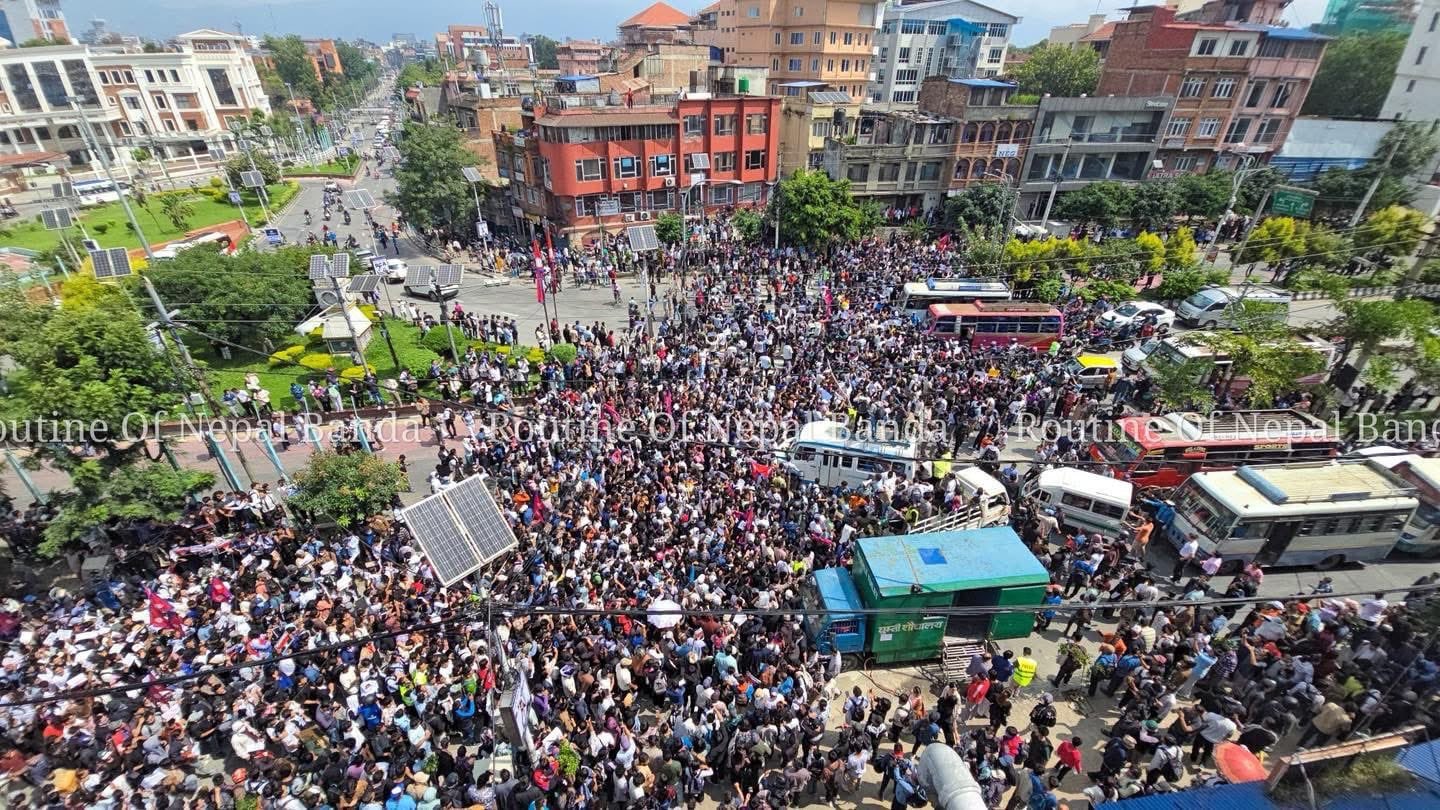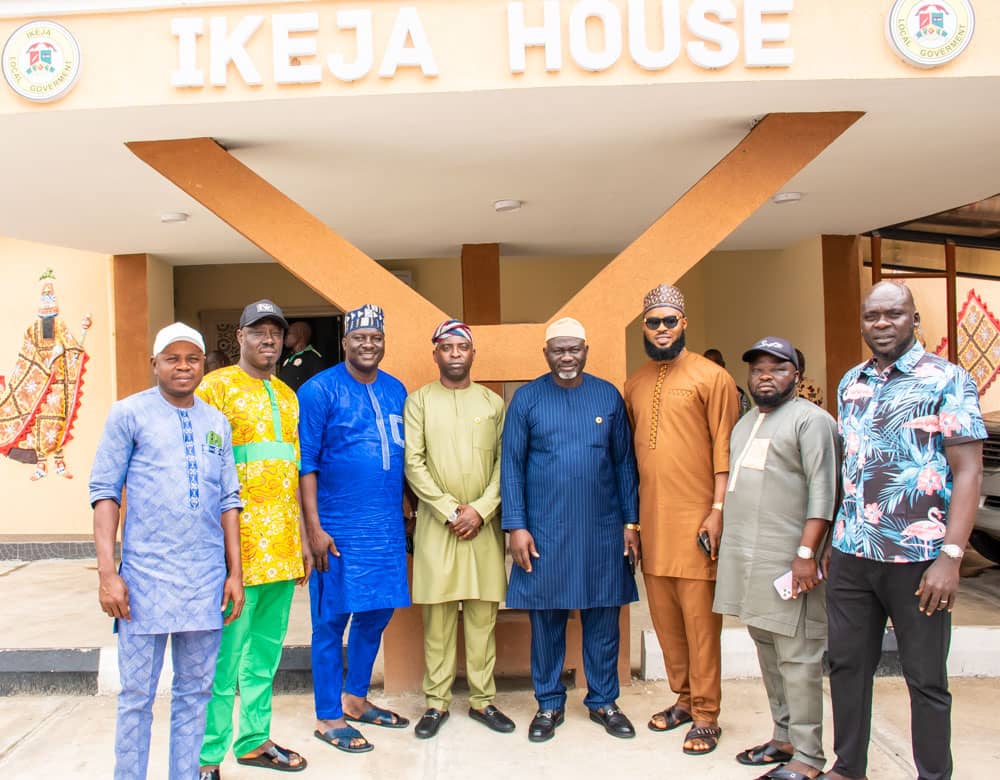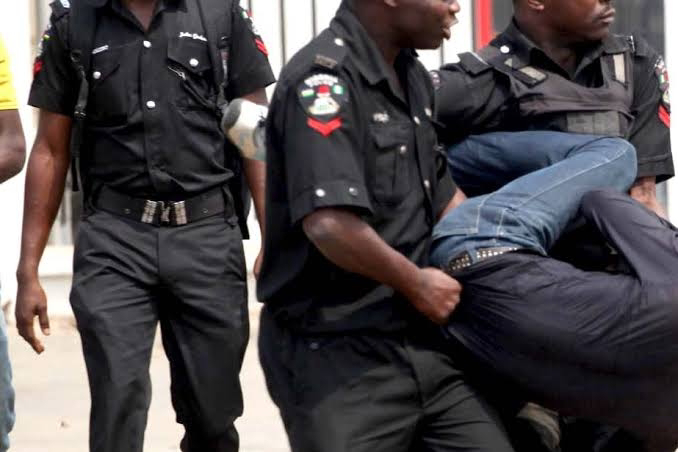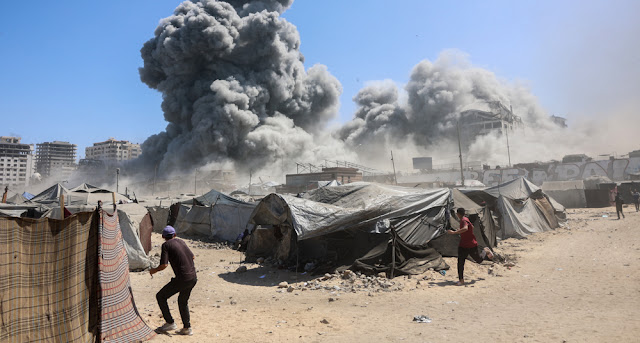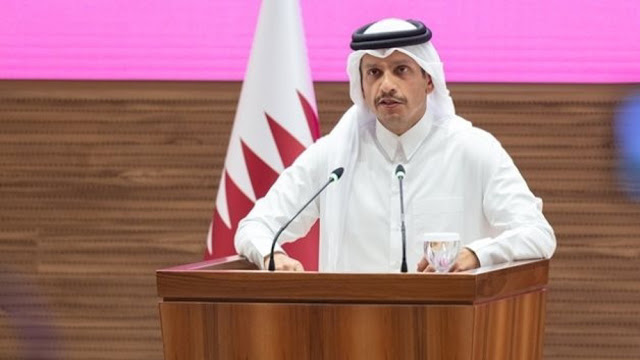Civil Hospital has reported the highest number of cases, treating 436 patients, followed by the National Trauma Center with 161 cases and Everest Hospital with 109. In total, 28 hospitals nationwide are now attending to the injured.
The protests, which erupted with force in Kathmandu on Tuesday, have not only strained the healthcare system but also triggered a collapse in law enforcement. Nepal Police confirmed that over 13,500 inmates escaped from prisons across the country during the two days of unrest, alongside more than 500 detainees who were in custody for criminal investigations.The Mahottari Prison Administration has appealed to inmates to return to the prison. The Mahottari Jail Office, Jaleshwar, has urged any prisoners who have left the prison under any pretext to voluntarily return within the next 24 hours. Police Spokesperson DIG Binod Ghimirey said that while Wednesday remained relatively calmer, the most serious incidents continued to be concentrated in the Kathmandu Valley.
In an effort to maintain order, the Nepal Army has assumed primary responsibility for security. Tribhuvan International Airport, which had suspended operations during the peak of the violence, resumed services on Wednesday afternoon, according to the Nepal Tourism Board, which urged foreign travelers to contact their airlines to confirm flight details.
Amid the chaos, youth leaders—identifying themselves as part of the Gen Z movement—have intensified efforts to form an interim government. Gen Z Nepal, coordinated by Purushottam Yadav and Sabal Gautam, has emerged as one of the leading factions behind the September 8 demonstrations, though several smaller groups have complicated consensus-building. The Army has urged these groups to unite and present a collective decision regarding leadership.
In recent days, multiple names have been floated for the position of interim Prime Minister. Kathmandu Mayor Balen Shah initially appeared to be the frontrunner, but Gen Z leaders said his lack of response to repeated calls has sidelined him from current discussions. Businessman Durga Prasai and Dharan Mayor Harka Sampang have also sought consideration, with Sampang personally meeting the Army Chief to propose himself for the role. His supporters were seen chanting slogans in his favor while openly rejecting the candidacy of former Chief Justice Sushila Karki.
Despite these divisions, a larger coalition of Gen Z groups has coalesced around Karki as the most viable candidate to head the interim administration until fresh elections are organized. Karki, who was earlier approached with the proposal, had reportedly requested at least 1,000 written signatures as proof of support. According to sources, she has now received more than 5,000 signatures, far surpassing her initial demand.
In an online poll held during a virtual meeting that included nearly all Gen Z factions—among them Hamro Nepal—Karki secured more than 50 percent of the votes. Rabi Kiran Hamal, a Gen Z leader involved in the negotiations, confirmed that Karki is the leading choice, although names such as former Nepal Electricity Authority head Kul Man Ghising and YouTuber “Random Nepali” were also mentioned during discussions. The latter has publicly stated he would only step forward if no other candidate accepts the role.
According to K P Khanal, another youth leader, the growing number of groups claiming to represent Gen Z has made reaching consensus more difficult, but the majority remain committed to advancing Karki’s candidacy.
Although Karki has not yet given her official consent, she has acknowledged receiving the proposal and indicated her willingness in principle to accept. If she formally agrees, experts in Nepal say her first steps would involve holding talks with Army Chief General Ashok Raj Sigdel, followed by seeking approval from President Ram Chandra Poudel.
As Nepal reels from violence, prison breaks, and political uncertainty, the push for an interim government underscores both the urgency and the fragility of the nation’s democratic journey. For Gen Z, the challenge now lies not only in uniting their diverse factions but also in securing the stability and legitimacy needed to guide the country toward peace and reconstruction.


